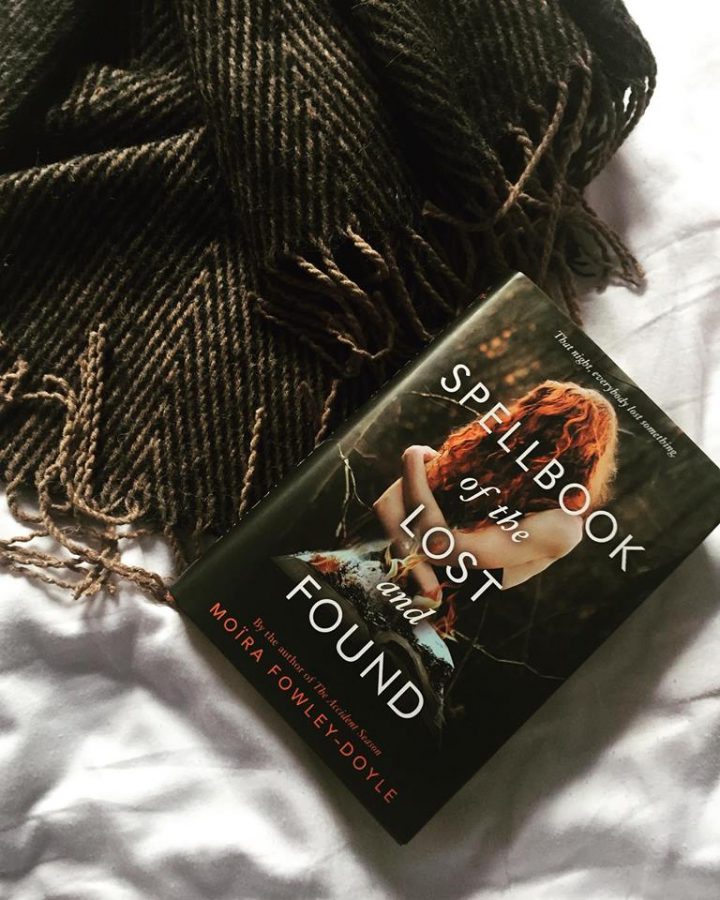By Lindsey Stokes
Staff Writer

Heather Wightman spoke to a small group of students about the issues surrounding the exploitation of women at a Brown Bag lecture Thursday.
Wightman is the founder of Ready Inspire Act (RIA) House, Inc., a non-profit program that helps adult women transition out of domestic sex trafficking and commercial sex work.
“I could see myself as the people I was reading about and meeting,” said Wightman, whose interest in assisting survivors of sexual exploitation was piqued ten years ago.
“Once you learn about the commercial exploitation of people,” said Wightman, “you can’t unlearn it.”
After reading the New York Times article, “The Girls Next Door,” about the discovery of four teenaged female sex slaves in a seemingly typical Plainfield, NJ home, Wightman felt compelled to learn more.
Wightman began the 90-minute presentation with two case studies that illustrate the many differing stories of female survivors.
“Mel” answered a newspaper ad in her home country asking for nannies in exchange for English classes. After de-boarding the plane in the U.S., Mel’s passport was seized as well as her belongings. She was severely beaten and raped until she was quiet.
Mel was brought to a typical home that served as a nail salon where she worked during the day. By night she as well as other girls would service 20-48 daily. Mel had no knowledge of English, no ID, no money, and no choice. She was trapped.
Mel’s story, Wightman explained, is what many in the U.S. assume is the standard story of sexual exploitation. However, not every story is the same and exploitation comes in many shapes and sizes.
“Yvette” ran away from home when she was 12, after years of sexual abuse by men coming and going from the home she shared with her mother and baby sibling. She soon met “Clever,” a 21-year-old man who took her for something to eat. They shared an apartment where the 12-year-old girl had sex with the 21-year–old man every night. Yvette was happy and felt safe.
One night Clever returned home, told Yvette to put on her best dress, and took her to a club. Yvette was drugged by Clever, raped, and turned out to other men for profit.
At 14, Yvette became pregnant, and was promptly sold by Clever to another man for $100. By 21, Yvette was homeless and heavily addicted to drugs.
“Is [Yvette] a victim of sex trafficking?” asked Wightman. “You bet. But what do we do when we see her [homeless] on the street? What do we think of her?”
The UN definition of Human Trafficking, which is also standard in the U.S., says the survivor must be able to prove coercion, fraud, and/or force. Wightman explains that while in Mel’s case human trafficking may be easy to prove, Yvette’s case is more difficult, as Yvette would have to prove exactly who her perpetrator is, a complicated feat considering her lengthy history of abuse.
“We can barely prove one sexual assault in this country in front of a jury with adult witnesses!” exclaimed Wightman.
Wightman continued by providing some alarming statistics about sexual exploitation domestically and globally, including that globally $87 million is exchanged for sex every day, and that 98 percent of sexually exploited persons are women and children.
“People inevitably don’t care,” said Wightman. “But they should care. The sex industry is built on the backs of young people.”
RIA House, which consists of 15 women in the Metro West area of Massachusetts, has provided over 1,500 hours of volunteer services since its founding in October 2012.
“It takes people feeling safe,” said Wightman. “What has happened to Yvette and Mel should never happy to anyone.”












